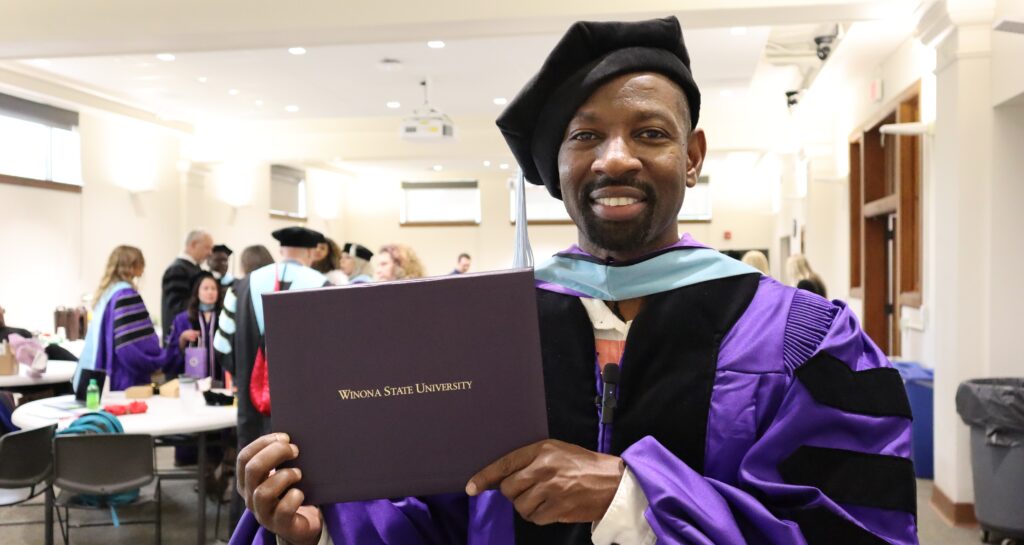
The decision to pursue a doctoral degree represents one of the most significant academic and personal commitments you can make, requiring honest self-reflection about your motivations, goals, and current life circumstances. Begin by examining your “why.” Are you pursuing a doctorate for career advancement, personal fulfillment, a desire to contribute to educational research, or to address a specific problem in your field? Clear, compelling motivations will sustain you through the inevitable challenges of doctoral study. Consider whether your goals align with the specific outcomes of a doctoral program, such as developing advanced research skills, contributing original knowledge to your field, or preparing for leadership roles in education. Avoid pursuing a doctorate simply because it seems like the next logical step or due to external pressure, as these motivations rarely provide sufficient drive for completion.
Your professional readiness encompasses both your educational background and practical experience in the field. Most successful doctoral candidates enter programs with several years of relevant work experience, which provides the context necessary to understand complex educational issues and conduct meaningful research. Evaluate whether you have sufficient foundational knowledge in education, research methods, and academic writing. Consider your comfort level with technology, data analysis, and scholarly communication, as these skills are essential for doctoral success. Additionally, assess your ability to think critically, synthesize complex information, and engage in independent learning, as doctoral programs require a significant shift from structured coursework to self-directed research and scholarship.
Personal readiness involves examining your life circumstances, support systems, and psychological preparedness for the doctoral journey. Doctoral programs typically require 3-5 years of intensive study, including coursework, comprehensive exams, dissertation research, and writing. Consider your current family obligations, work commitments, and financial situation. Do you have the support of family and friends? Can you manage the financial investment, including tuition, fees, and potential lost income from reduced work hours? Evaluate your stress management abilities, resilience, and capacity for delayed gratification, as doctoral study involves long periods of uncertainty and limited immediate rewards. The ability to work independently, manage time effectively, and maintain motivation during challenging periods is crucial for success.
Financial considerations extend beyond tuition costs to include the opportunity cost of time invested in doctoral study versus other career or personal pursuits. Research funding opportunities, assistantships, employer support, and loan options available through your target programs. Consider the return on investment in terms of career advancement, salary increases, and personal satisfaction. Many doctoral students experience financial strain, so having a realistic budget and financial plan is essential. Additionally, evaluate the time commitment required and how it aligns with your other responsibilities. Doctoral study is not just an academic pursuit but a lifestyle that affects every aspect of your life for several years.
Finally, conduct thorough research on potential programs, faculty, and institutional cultures to ensure good alignment with your interests and working style. Visit campuses if possible, speak with current students and recent graduates, and carefully review program requirements, timelines, and expectations. Consider factors such as program format (traditional, hybrid, or online), residency requirements, research focus areas, and faculty expertise. The relationship between you and your dissertation advisor will be crucial to your success, so investigate faculty members whose research interests align with yours. Strong programs provide adequate support, mentorship, and resources for student success, including writing centers, research support, and professional development opportunities.
Additional Resources for Further Information (Claude.ai currated these)
- Council of Graduate Schools: “Preparing Future Faculty” and doctoral education resources – https://cgsnet.org/doctoral-education
- National Center for Education Statistics: “Characteristics of Postsecondary Faculty” for career outlook information – https://nces.ed.gov/surveys/ntps/
- Peterson’s Graduate School Guide: Comprehensive database of doctoral programs and admission requirements – https://www.petersons.com/graduate-schools
- The Chronicle of Higher Education: “The Academic Job Market” resources and career guidance – https://www.chronicle.com/section/jobs
- Grad School Hub: Financial aid and funding information for graduate students – https://www.gradschoolhub.com/help-paying-for-graduate-school/